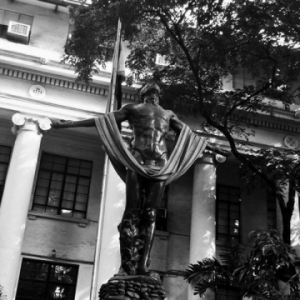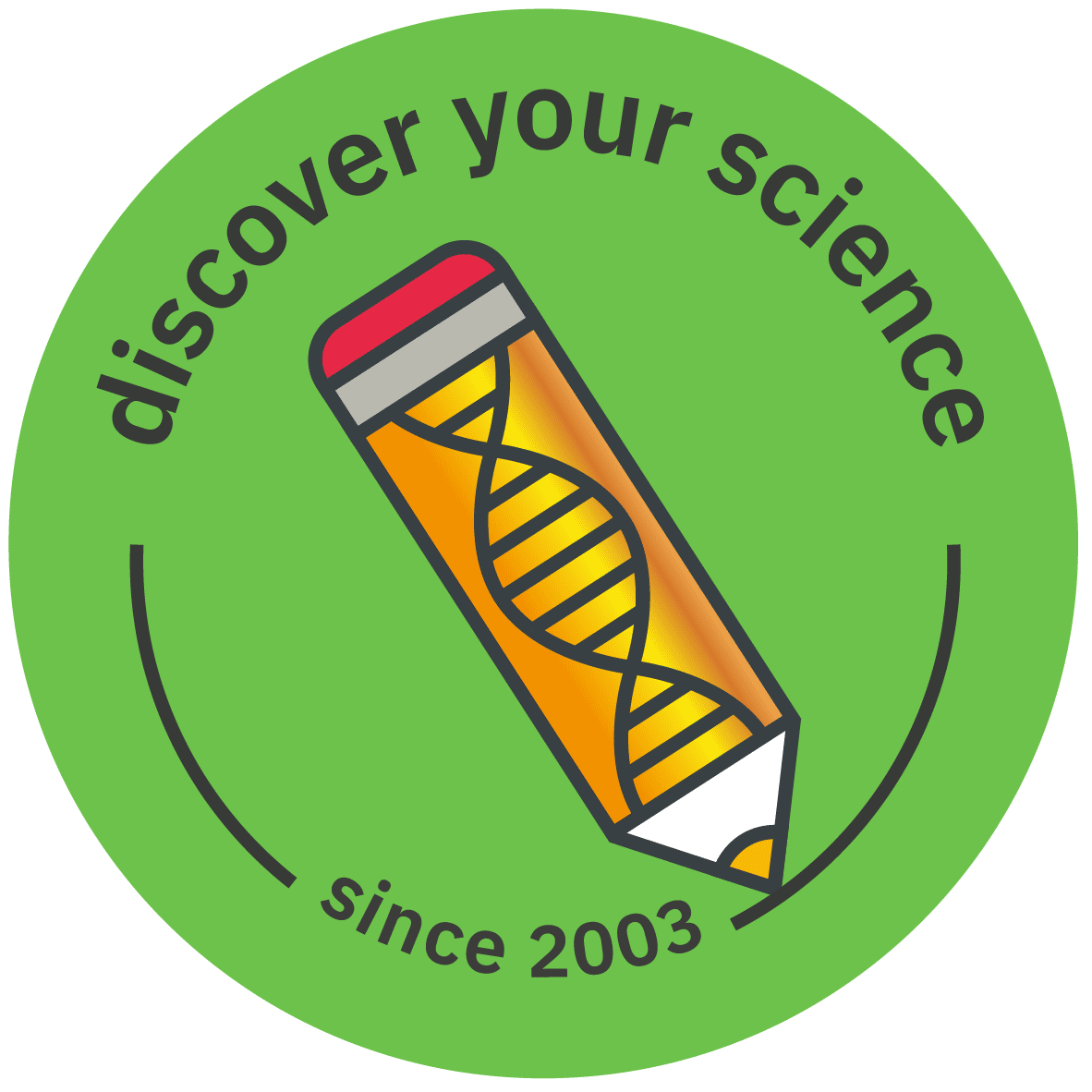EMBL School Ambassador Paul Gerald Layague Sanchez
Country: Philippines
Profile
I am Paul Gerald Layague Sanchez and I am originally from the Philippines, the Pearl of the Orient. The Philippines is located in Southeast Asia, beside the Pacific Ocean, six timezones away from Germany. I grew up in Makati City, which is in Greater Manila, in one of the 7,107 islands of the country. The Philippines has a distinct warmth that is both due to the climate (it is near the equator) and to its people (Filipinos are generally caring, welcoming, and hospitable).
Despite the apparent lack of development relative to its neighboring countries, the Philippines is a beautiful place to live in. However, the research landscape in the Philippines remains limited. In spite of my early fascination for the life sciences at home and in school, role models for a career in science research in the Philippines were lacking in my childhood. I initially entered University as a Communications major — intending to pursue journalism, which was a more common career path, and then go to law school. Then, I thought (a) doing science for fun and (b) pursuing a scientific career were mutually exclusive.
In the University, during my first year, I got to interact with students from different science programmes, know what they have been doing, and discuss their plans in the future. This made me really excited. In retrospect, I realized how my family encouraged curiosity, which is in the core of science research. Committed to pursue a scientific career, with the support of my family, I then shifted to the Biochemistry programme. After getting a Bachelor’s degree in Biochemistry, I was invited by the University to be a junior faculty, where I then taught chemistry and biochemistry for about three years. From this unique vantage point, I appreciated the value of educating young minds about science, sharing how a scientific career is a path students can take, and promoting public engagement.
I received fellowships to do research at Academia Sinica in Taipei, Taiwan and at Deutsches Krebsforschungszentrum (German Cancer Research Centre, DKFZ) in Heidelberg, Germany. My research experience abroad exposed me to science that, otherwise, I would not be able to do in the Philippines. I realized that I needed to acquire competent research training abroad, if I wanted to be an active stakeholder in improving basic science research in my home country. I then decided to pursue my PhD at EMBL.
Here, at EMBL, I will be working with Alexander Aulehla’s lab, at the Developmental Biology Unit, where I will be involved in studying dynamic signaling and information processing in mammalian embryogenesis. We intend to elucidate the mechanism of how signaling networks process information to regulate embryonic development both in space and in time.
EMBL is conducive for asking daring questions and tackling them — providing an infrastructure for basic, fundamental, curiosity-driven science. It is exceptionally international, remarkably collaborative, and highly interdisciplinary. Alongside fostering high-quality science research, EMBL advances science outreach, communication, and engagement.
A career in the sciences was not an obvious career path for me. And this is why I am grateful for finding it. This has kept me driven, motivated, and passionate. As I further my academic pursuit, I become more and more reassured that science is my purpose. As an EMBL School Ambassador, I wish to aid in others’ realization that science could be their purpose, too.
Diary
When I was doing my Bachelor’s at the University of the Philippines Manila (UP Manila), talks by alumni inspired me to pursue graduate studies. Now, presenting a talk at UP Manila, as an EMBL School Ambassador, was an opportunity for me to pay it forward.
In early September 2017, I visited UP Manila and gave a talk about the research that I am currently doing. In addition, on a more personal level, I shared the career path I have forged since I graduated from UP Manila, which led me to pursuing a PhD at EMBL.
It was nice to be back at UP Manila and reminisce my years there, both as a student and as a junior faculty. Studying and teaching at the University influenced me to do basic science research. Before the talk, I met with some of my mentors, colleagues, and friends. One of my mentors, recently appointed as the Associate Dean for Academic Affairs of UP Manila College of Arts and Sciences (CAS), was very instrumental in organizing the visit.

at the façade of the College of Arts and Sciences, UP Manila.
I started the talk with an introduction of dynamic signaling and how cells use it to coordinate cell fate decisions. I emphasized its central role in embryonic development, where a multicellular organism develops from a single cell. Then, I talked about signaling oscillations. I presented experiments that we do in the lab, and showed photos and videos we had acquired. I explained how signaling oscillations within and between cells of the embryo regulate, both in space and in time, the precise formation of somites, the precursors of the vertebrae. I also discussed a tool that we recently developed to dynamically modulate these signaling oscillations.

After talking about research in the lab and work I have done so far, I elaborated on the transition from doing natural products chemistry at UP Manila to studying signalling oscillations in vertebrate embryogenesis at EMBL. I then segued to presenting EMBL and how it is conducive for interdisciplinary and collaborative research. I also talked about the EMBL International PhD Program and invited the students to apply. I ended the talk with an introduction to European Learning Laboratory for the Life Sciences (ELLS) and its initiatives, which the students and faculty of UP Manila might find interesting (e.g., the organized visits, the ELLS Webinars, and the Insight Lecture Series).
The visit was very rewarding, fulfilling and empowering. The audience was very interactive. I had very engaging discussions about the research and about pursuing a PhD at EMBL. It was nice to see others get excited about the science that I do. It was pleasing to see the students become eager to consider pursuing graduate studies. The visit did not only give me a platform to eloquently communicate my science. More importantly, by encouraging and by inspiring young minds, the visit also gave me the opportunity to, staying true to what the University of the Philippines stands up for, serve the people.

